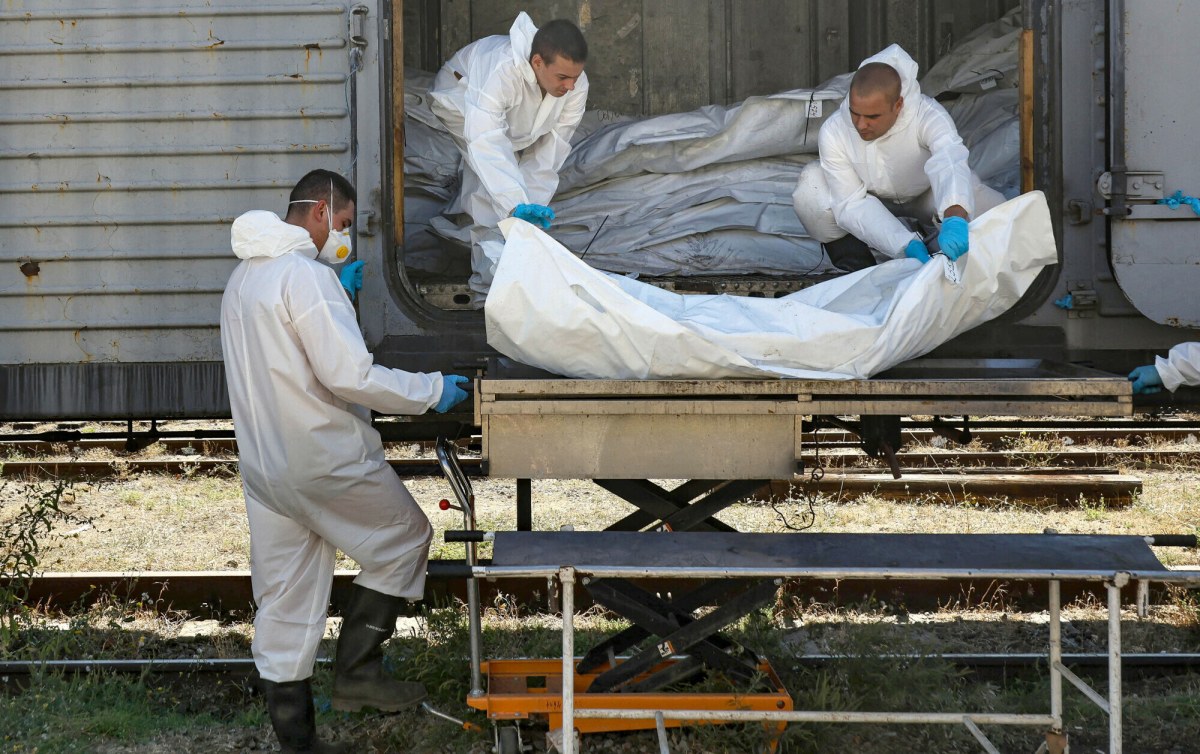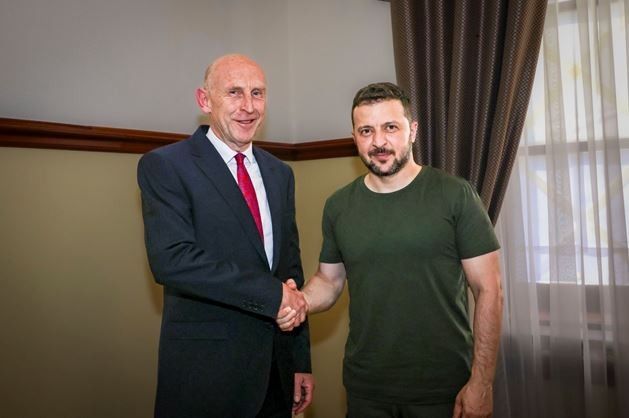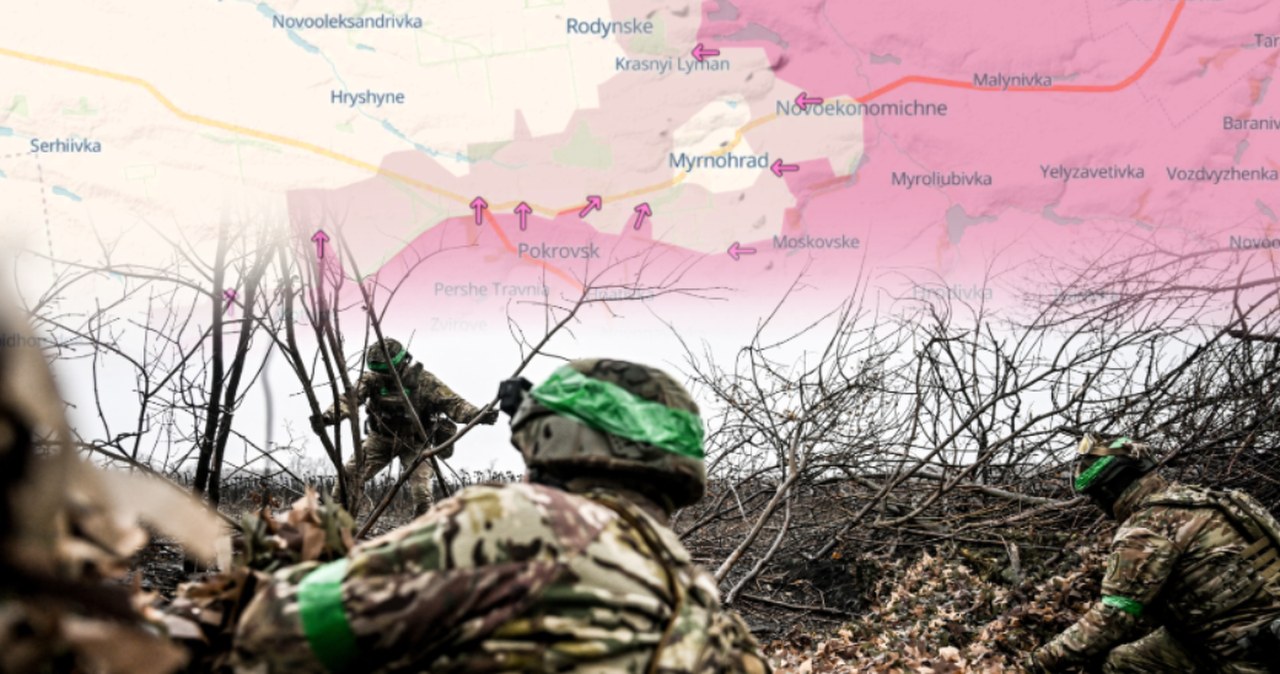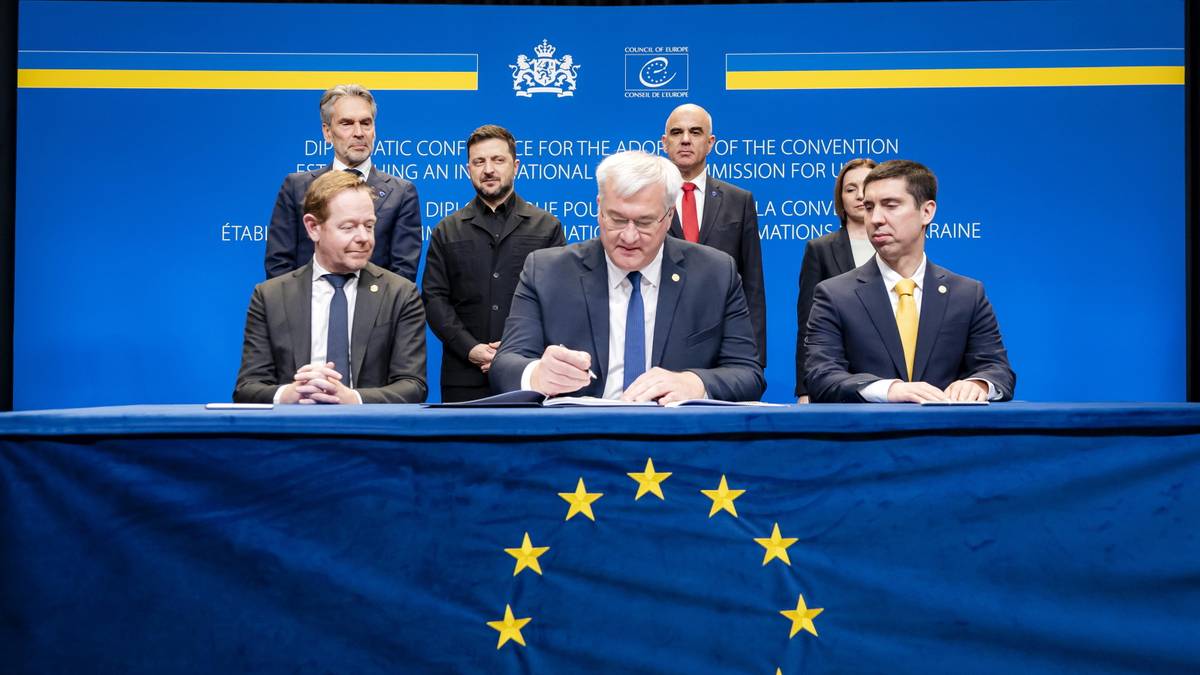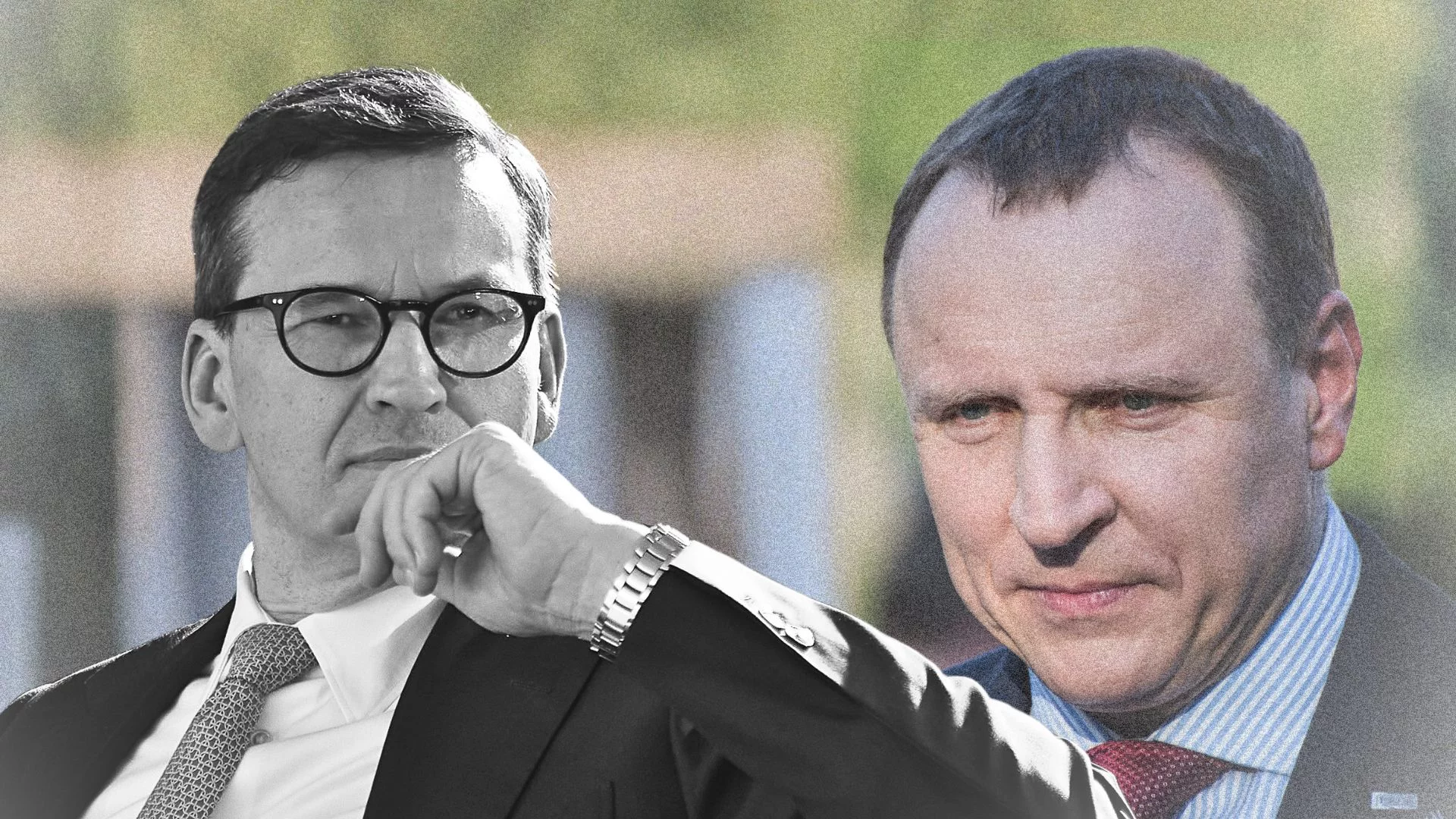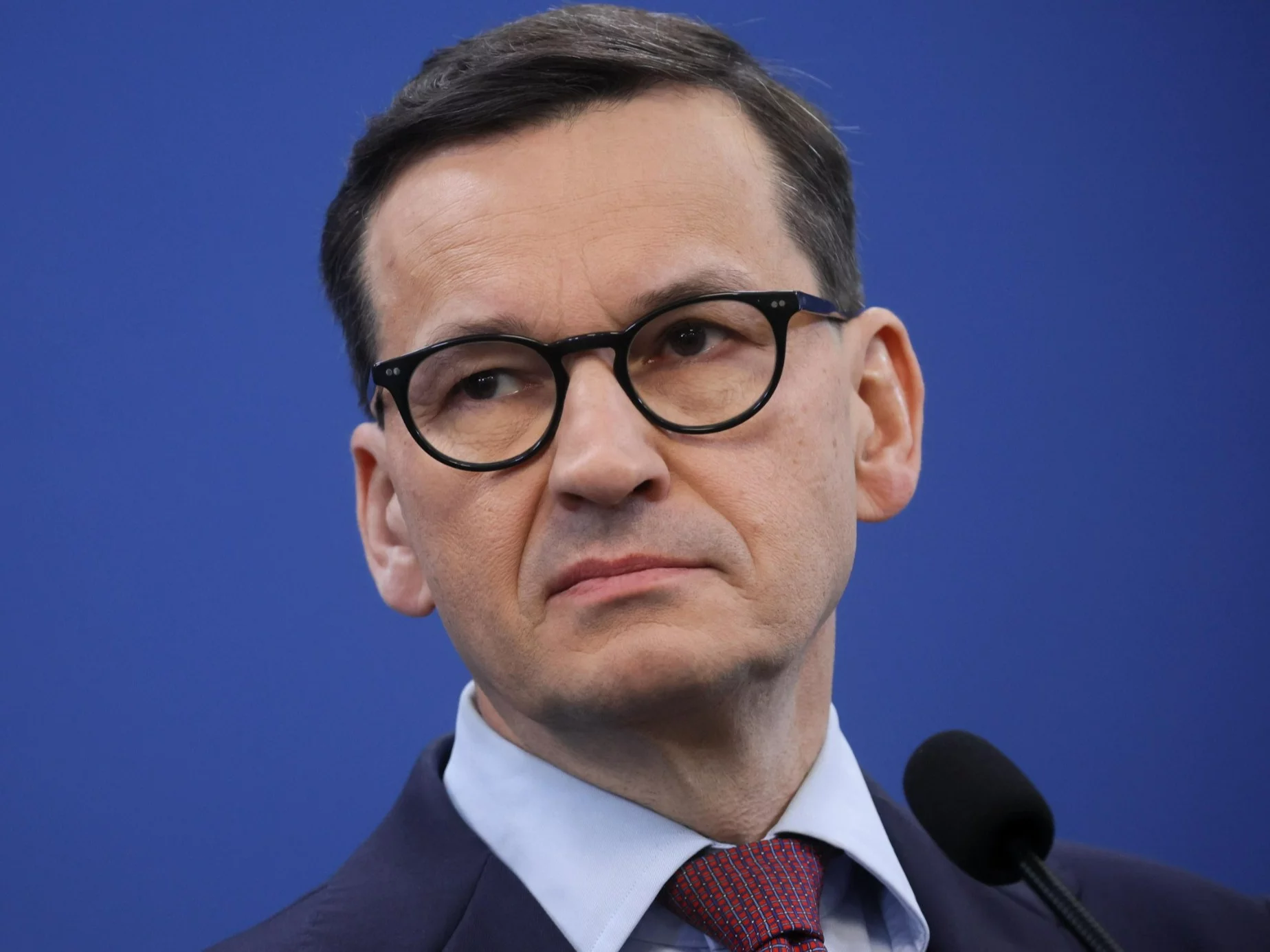
Only Political Engineering Can Restore Russian Language Rights In Ukraine Like Lavrov Wants
Authored by Andrew Korybko via Substack,
Only the US is capable of pulling this off since Russia lacks influence over Ukraine’s political processes…
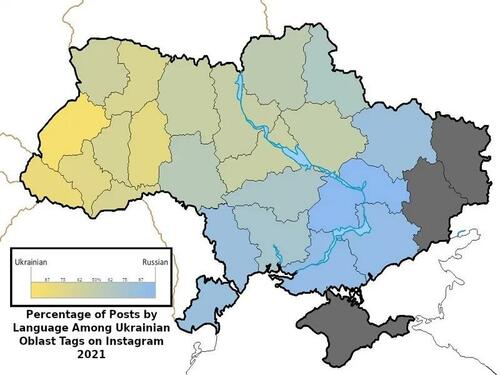
Russian Foreign Minister Sergey Lavrov pledged in early June on Russian Language Day that “Russia will not leave Russians and Russian-speaking people in trouble and will make sure that their legal rights, including the right to speak their native language, are restored in full. We will continue to speak about this pressing problem on international platforms. We will insist on having it resolved as a prerequisite for a lasting peaceful settlement of the Ukraine conflict.”
This aligns with Russia’s denazification goal and was included in the memo for ending the conflict that it handed to Ukraine during the second round of their newly resumed bilateral talks in Istanbul. Objectively speaking, the restoration of full Russian language rights in Ukraine is required for a sustainable peace, but this can only be brought about via legislative changes. Therein lies the problem since the Rada isn’t interested in repealing 2019’s “state language law” that entered into force in early 2022.
For precisely this reason, Russia’s memo also calls for elections to the Rada in parallel with those for the presidency, though there still wouldn’t be any guarantee that Russian-friendly forces (in the context of repealing the aforementioned law) would come to power for implementing that pragmatic demand. That’s why political engineering is ultimately required for restoring full Russian language rights in Ukraine, but Russia lacks influence over its political processes as proven by its inability to effect change.
Therefore, this part of Russia’s denazification goal might not be met unless the US takes on this responsibility, which it’d be wise to do so as to remove the roots of another conflict. After all, so long as Russian language rights aren’t fully restored, the Kremlin will keep championing this cause and possibly even consider covert action of some sort in pursuit of it. The millions of discriminated Russian speakers in Ukraine could provide a fertile recruiting ground for such operations after martial law is lifted.
The Trump Administration thus far doesn’t seem interested in that though as evidenced by the absence of pressure upon Zelensky to comply with Russia’s more important demanded concessions for peace like territorial claims and demilitarization. In fact, Trump suggested during his meeting at the White House with new German Chancellor Friedrich Merz in early June that it might be better for Russia and Ukraine to fight each other for a bit longer, which hints that he’s disinterested in these finer details for peace.
Even if he learned about them and agreed that they’re the best way for sustainably ending the conflict, perhaps under the influence of his pragmatic Special Envoy to Russia Steve Witkoff, questions would then arise about the means for politically engineering the desired outcome. It remains unclear how many Rada members will run for re-election, who’d oppose them, and what their position towards this highly sensitive issue would be in the domestic post-conflict context if they won.
Even if these details were known, secretive funding and media support for preferred candidates can only go so far, let alone for politically engineering an outcome where the Rada votes to repeal the “state language law” and the (new?) president doesn’t veto it or is overridden by a two-thirds majority. The most realistic way of advancing this goal is for the US to make post-conflict military and intelligence aid contingent on it being met, but for that to happen, Trump must rethink his entire envisaged endgame.
Tyler Durden
Fri, 06/27/2025 – 03:30

